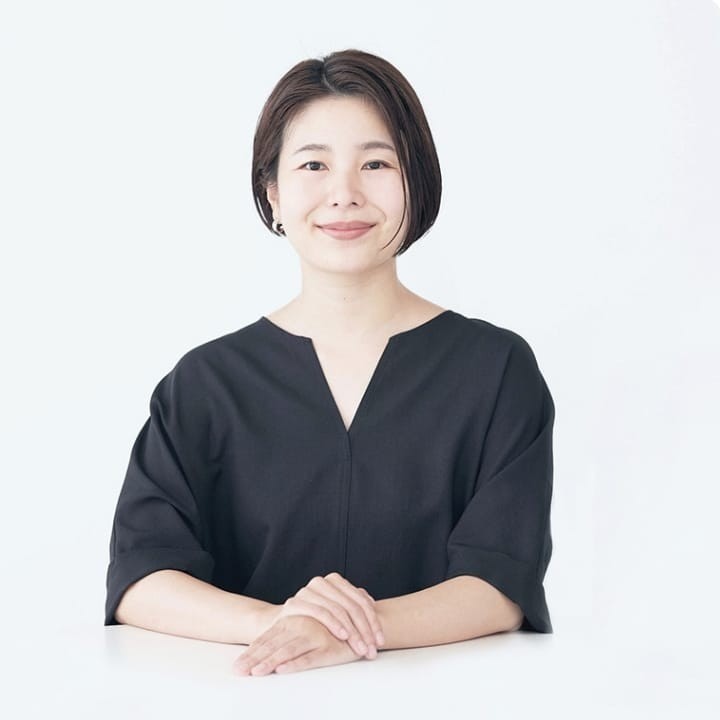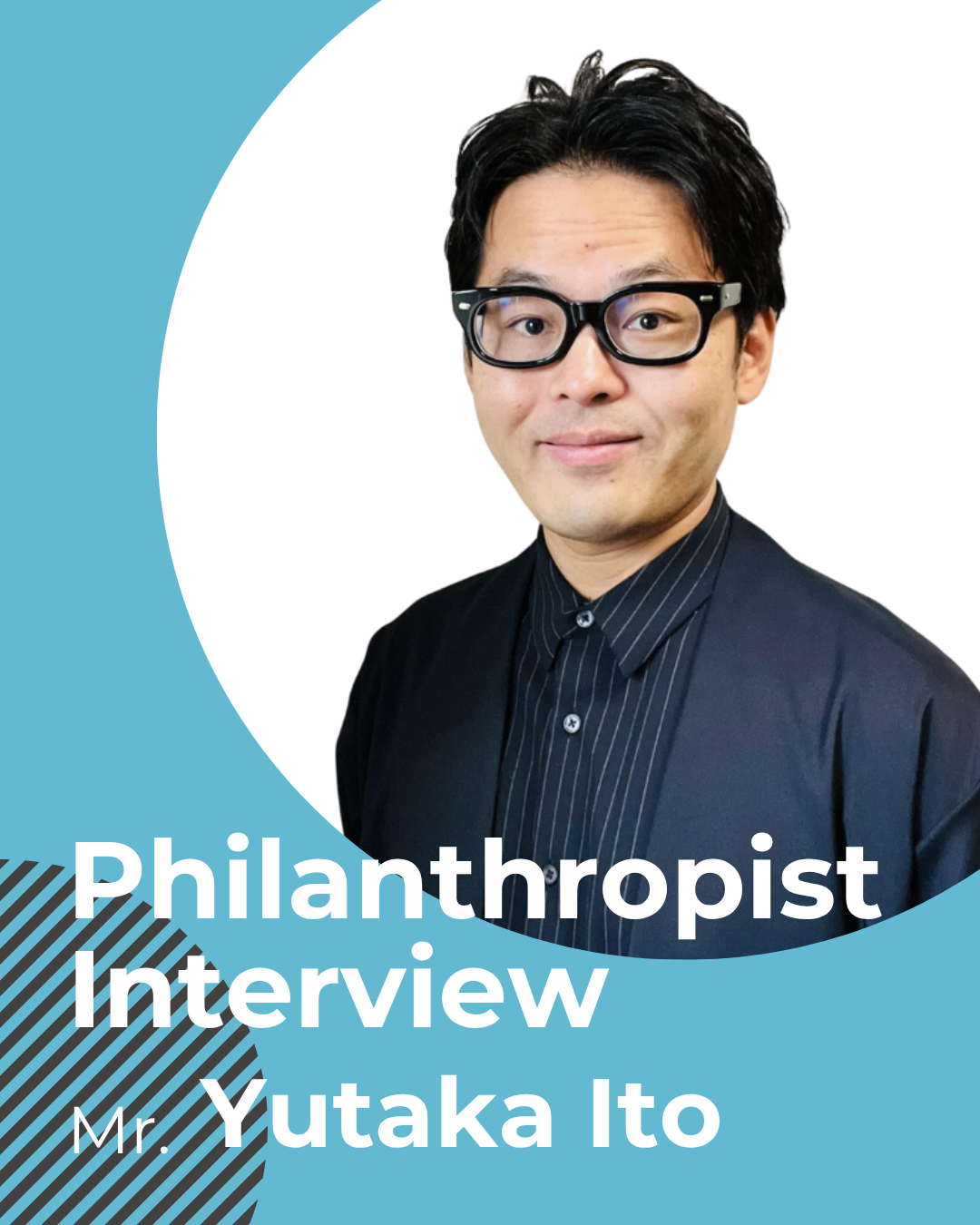INFO

Michiaki Kamo: From Moving Research to Collective Impact: Expanding the Power of Science through Philanthropy
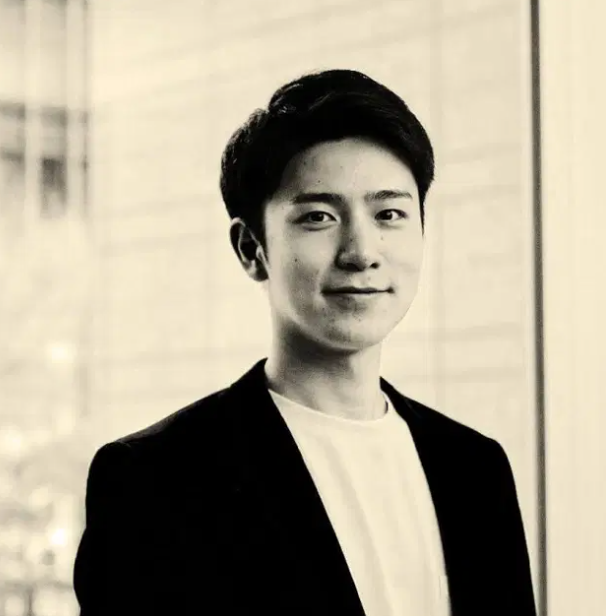
Profile
Michiaki Kamo
Founder & CEO, LabBase Inc. (formerly POL)Born in Kyoto in 1994 to academic parents, Michiaki Kamo aspired from an early age to become a mathematician. After entering the University of Tokyo, he witnessed firsthand the systemic challenges facing researchers in Japan. Motivated to solve these issues, he founded LabBase while still a student in the Faculty of Engineering in 2016. LabBase now operates a job-matching platform used by over half of Japan's graduate students in science and engineering, in addition to facilitating industry-academia collaboration. In 2025, he launched a philanthropic initiative called "Science Moves" to connect passionate researchers with cross-sector supporters and funding.
While still a university student, Michiaki Kamo founded LabBase Inc. (formerly POL) with a strong desire to address the challenges faced by researchers.
We spoke with Kamo about his efforts to realize the mission of “turning the power of research into a force for humanity”—not only through his business, but also by exploring new approaches from the nonprofit side.
From Research to Movement
“The question isn’t just how to support science—but how to make it matter.”
Michiaki Kamo entered the University of Tokyo with a dream of becoming a mathematician. But what he discovered wasn’t just academic rigor—it was the isolation, uncertainty, and systemic fragility that many researchers faced. “Brilliant students were dropping out of research—not because they lost passion, but because the system gave them no future,” he recalls.
In 2016, he founded LabBase, a job-matching platform for graduate-level researchers. It quickly became one of Japan’s most trusted gateways for connecting scientists with industry, boasting a user base that includes over half the country’s master’s and doctoral students.
But LabBase was just the beginning. In 2025, Kamo launched Science Moves, a philanthropic initiative that operates on a different premise: that research worth doing is often research that moves people. “It’s not about productivity metrics. It’s about curiosity, conviction, and the courage to explore the unknown.”
Why Fund "Moving" Research?
“Because that’s where humanity advances.”
For Kamo, some of the most transformative discoveries—penicillin, quantum theory, climate modeling—began with long-shot questions no one could monetize at the time.
Yet today, science is often judged by short-term return on investment. “That mindset filters out the very research we need most,” he says.
"Philanthropy allows us to fund long-term research without the pressure of economic efficiency. It creates space for scientists to pursue what truly matters."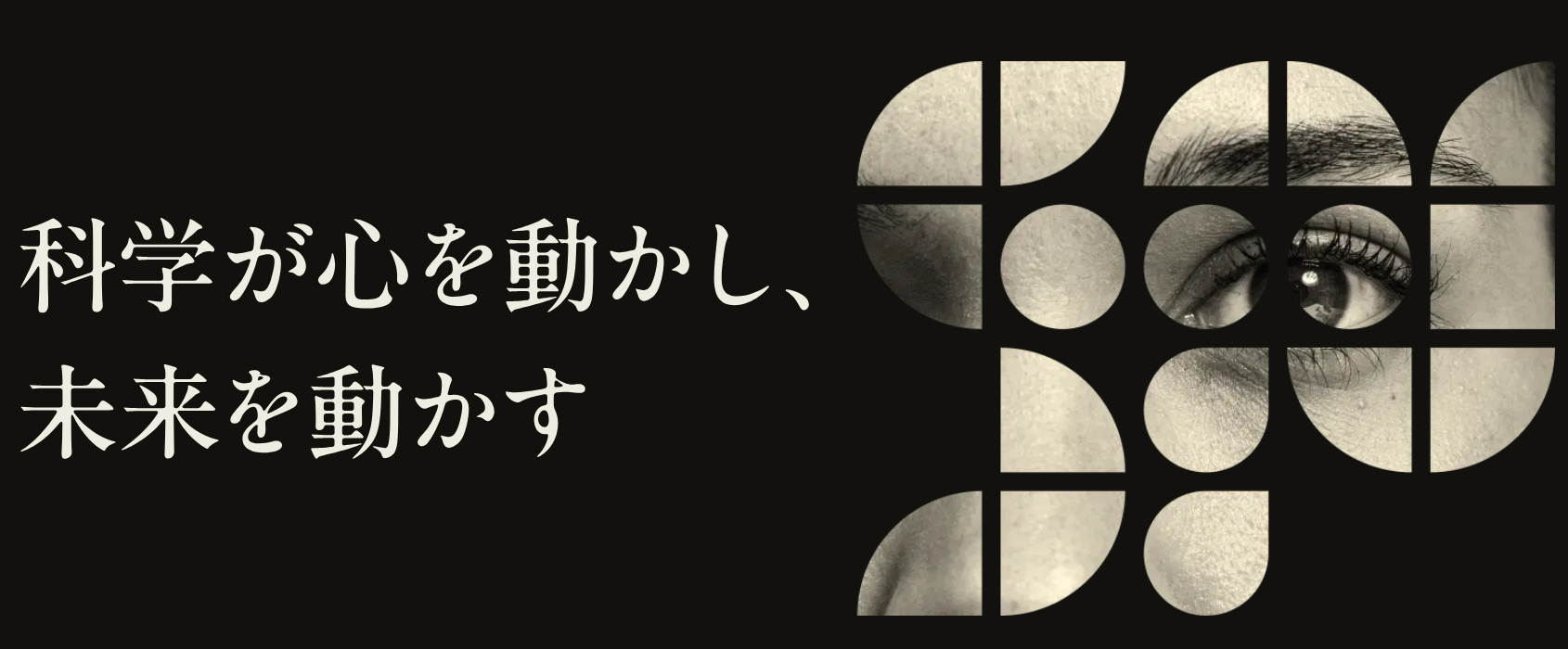
A Researcher-First Approach
"Supporting research driven by passion, not paperwork."
With the Science Moves Award, Kamo and his team designed a radically simple funding model. No paperwork. No restrictions. No intermediaries. Instead, researchers share their ideas via short AI-facilitated interviews—speaking not in technical terms, but in their own voice, about why their research matters.
“We ask one thing: Tell us what moves you. Because if it moves you, it may move us too.” In its inaugural round, the award attracted over 300 researchers in just a few weeks. “That number told us everything,” Kamo says. “People are ready for a new way.”
Making Science Visible
“To be supported, science must be seen—and felt.”
In April 2025, Science Moves hosted its first Pitch Conference, inviting five awardees to present their work not to scientists, but to a room full of donors, creators, and civic leaders.
From child health to molecular innovation, the topics varied widely—but all had one thing in common: heart.
“One researcher wanted to stop a virus that claims 130,000 children a year. Another had created a platform to generate molecules that could fight disease or solve environmental damage,” says Kamo. “Every pitch reminded us that science is not abstract. It’s urgent.”
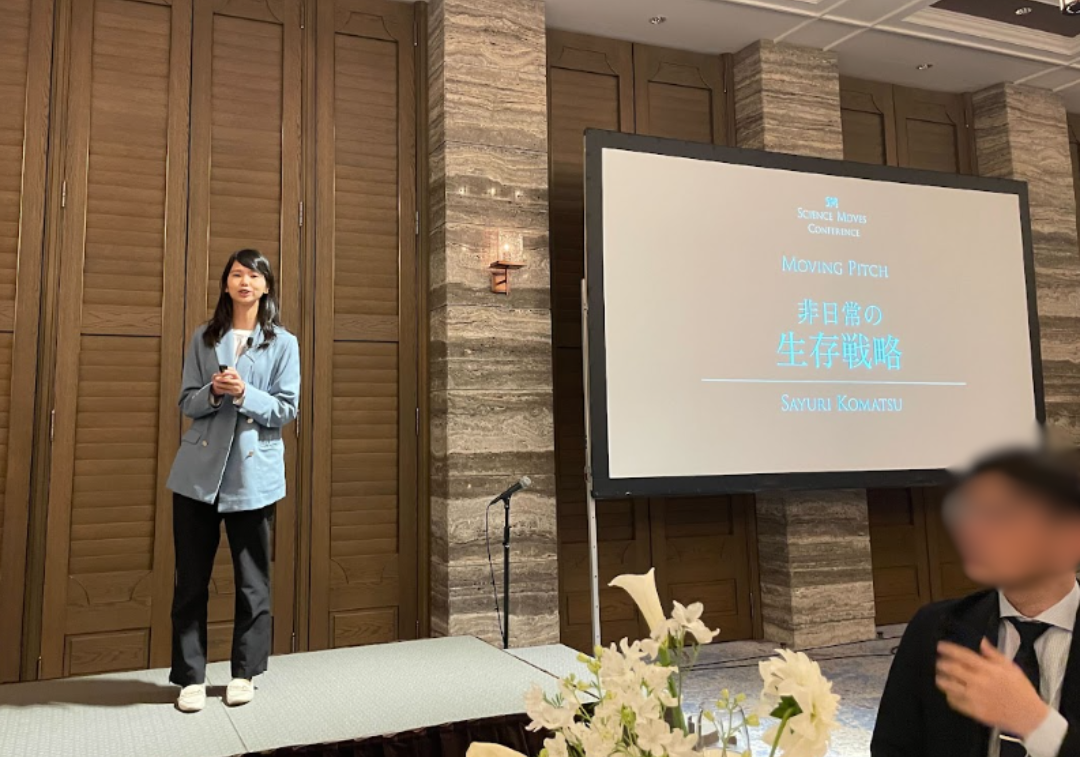
The event ended with “De-Silo Time”—a networking session intentionally designed to break down barriers between academia and society. “We need to stop thinking of science as separate. It’s part of our culture, our future, our shared story.”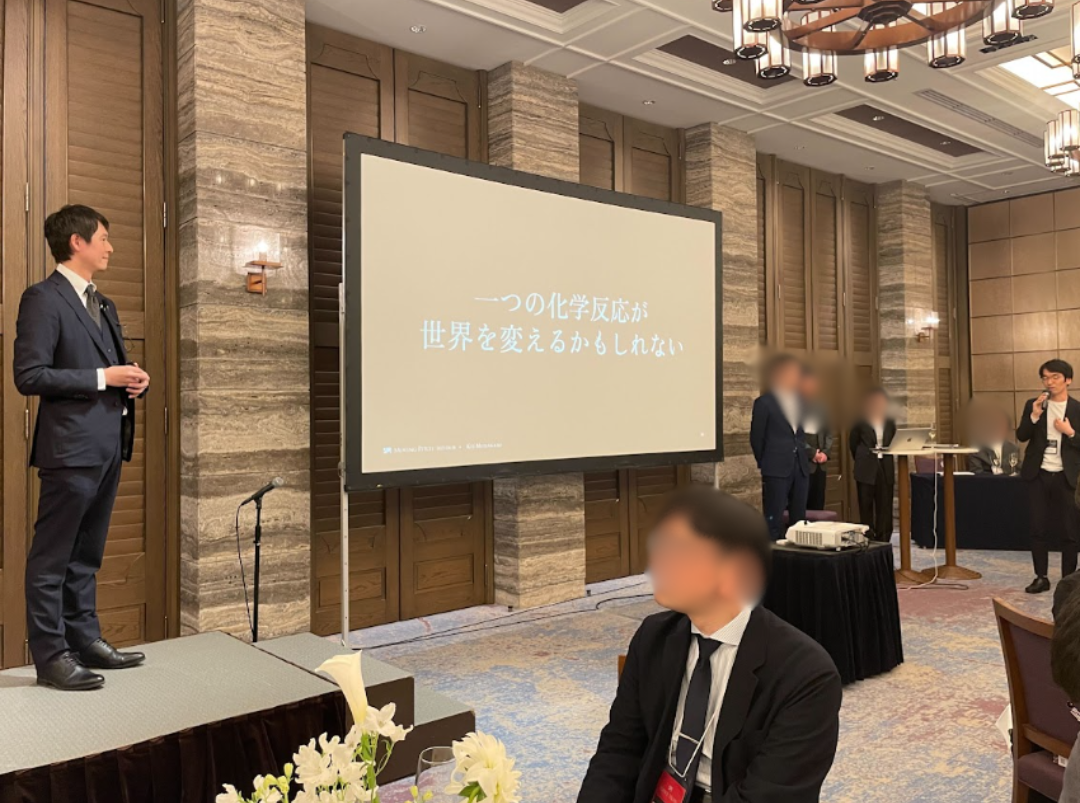
Shifting the System
“If the existing path is too narrow, build a new one.”
Most researchers in Japan rely on public grants, universities, or academic societies. But these routes are increasingly limited—and often inaccessible to bold, early-stage ideas. “I’m not saying we should abandon the system,” Kamo clarifies. “But we do need to build alternatives.”
For him, Science Moves represents a “third place”—a space beyond business and academia, where researchers can find belonging, support, and new forms of legitimacy. “It’s where people come not just to fund science, but to believe in it.”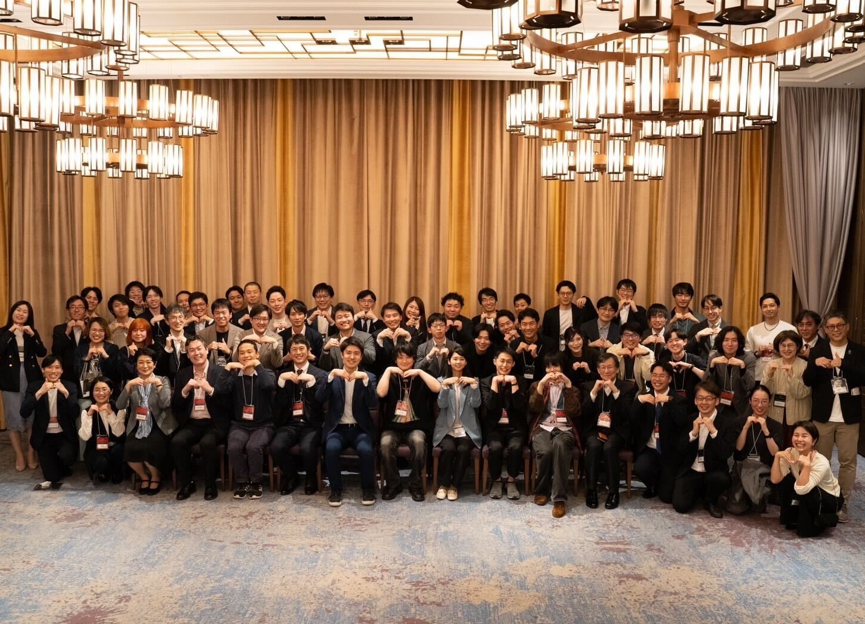
What Comes Next?
“We need more researchers who move hearts—and more people ready to walk with them.”
Kamo is quick to say that Science Moves is still an experiment. But that’s the point.
“We’re testing a hypothesis: that research driven by emotion and purpose can unlock new alliances, new ideas, and new futures.”
Over the next few years, he hopes to expand the initiative, scale its reach, and deepen its network of supporters. But more than growth, he’s interested in trust. “Research is lonely work. If we can give even one researcher the feeling that someone believes in them—that may be what changes everything.”
And to those outside academia wondering if science is “for them,” he offers this: “Look around you. Every solution we need—whether for health, peace, or climate—begins with a question. That question becomes research. That research becomes hope. That’s why this matters."
translated from Japanese into English by AI
TOP

